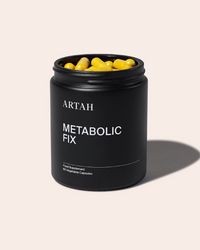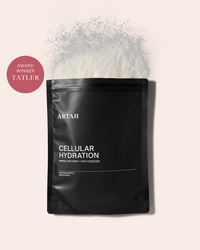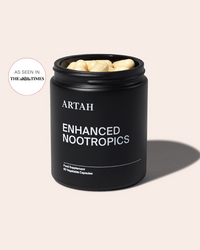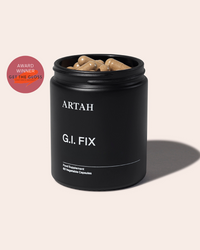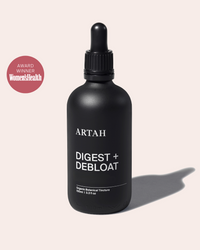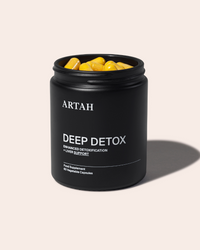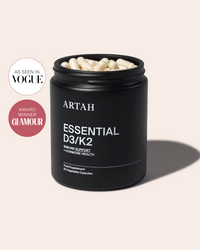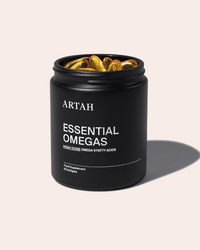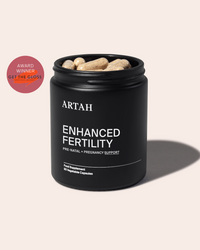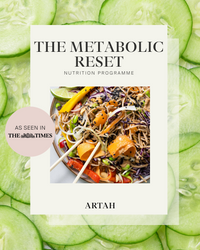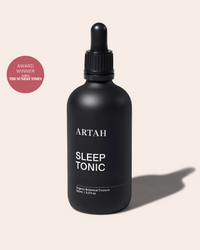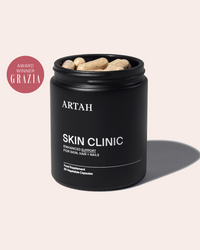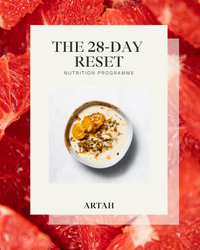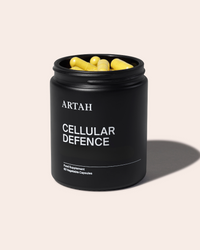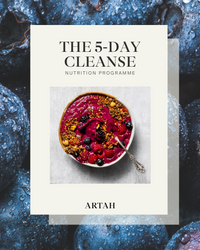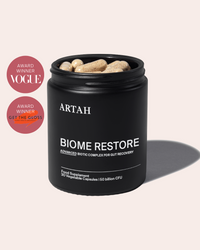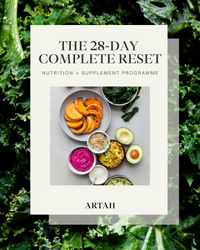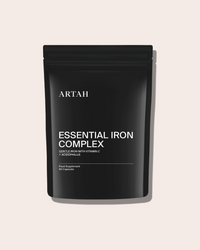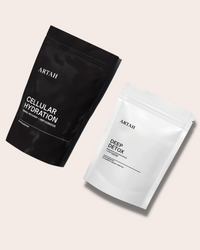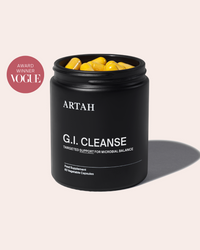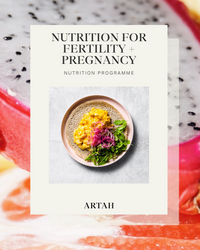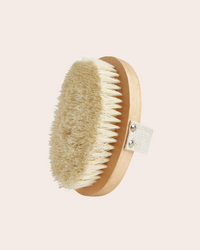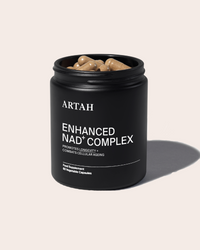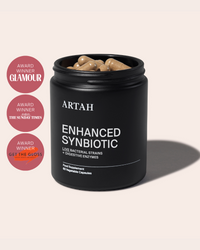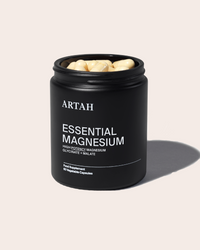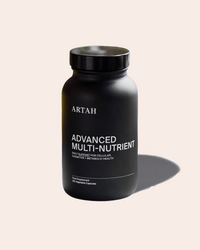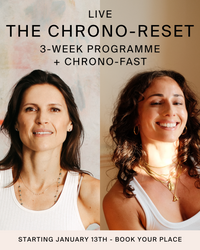Supplement Cycling: Why Flexing Your Routine Could Transform Your Health
One of the things we’re asked most is – do I need to take supplements all the time?
The answer is simultaneously, yes, no, and maybe; it completely depends on the type of supplement, your lifestyle and your overall well-being. Whilst continual support is necessary and beneficial for certain goals or life stages, supplement cycling is a way to strategically use your supplements to support different goals throughout the month or year. Some supplements should form a part of your core routine, and some can be in the medicine cabinet to help you reset and optimise where needed. Here’s how you can build your routine.
Invest where you need the most support.
Most people turn to supplements because they’re looking to fulfil a need, whether it be a chronic symptom, condition, or just a general lack of balance and vitality. When you’re continually experiencing the same symptom or condition, it calls for longer-term support. For example, IBS would need something more intensive and corrective, like G.I. Fix, whereas occasional bloating (from certain foods, travel, or weekends out) would not. Other need states that would benefit from longer-term support are things like acne, eczema, hormone disruptions, stress and anxiety. Enhanced Nootropics is another example of a core corrective supplement that can be used for stress management, mood and mental well-being.
Top up with targeted support.
These are what we refer to as medicine cabinet supplements – ones that you can rely on for occasional, but necessary, help when you need it.
PMS: PMS is the perfect condition for supplement cycling because of the natural cycle our hormones follow. For painful periods, try Essential GLA from days 21-1 of your cycle. For more anxious, emotional periods, try Enhanced Nootropics (packed with methylated B vitamins and 5 HTP) from days 15-1 or 21-1 of your cycle, depending on the length and severity of your symptoms. For water retention, bloating, and sluggish bowel related to PMS, try Deep Detox from days 15-1 or 21-1 of your cycle, depending on when your symptoms start.
Immunity: When it comes to immune support, timing is everything. The most common behaviour around immunity is to wait until we feel sick before we order our immune supplements. But, by the time they arrive, it’s often too late. The most effective way to bolster our resilience is to take an immune complex proactively. Whether you decide to start once you see others getting sick, or you take it preventatively throughout the months you’re usually at your most vulnerable, immune supplements have been shown to both reduce the severity and frequency of illness, so keeping an immune supplement on hand means you can start it at the right time. Our go-to is Cellular Defence.
Hangovers: Loss of electrolytes, elevated cortisol, inflammation and erratic blood sugar give way to fatigue, anxiety and more. Hangxiety is real, and it doesn’t just last for a few hours, some people feel off for days after drinking. Whilst healthy, moderate drinking is the most important point here, there’s also a lot you can do with supplementation to help protect the liver, reduce inflammation and recover more quickly. Stock up on Deep Detox and Cellular Hydration (our Party Essentials bundle) to use when your liver needs some love.
Layer in the essentials.
We view the essentials as basic supplements that are essential to overall health. The best example is Essential D3/K2, which we know is required for mental well-being, energy, hormones, immune function, sexual health and more. It’s also one of the most important preventative supplements to take because of its role in chronic disease prevention and should form a core part of your routine throughout the winter months. Essential Omegas is another core supplement worth investing in year-round. A 2016 global survey found that the UK had one of the lowest blood levels of Omega 3 fatty acids, alongside other countries that consume a typically Western Diet, like USA and Canada. Japan, Scandinavia, Finland and Sweden were amongst the countries with the highest levels.
Essentials will differ from person to person, and things to take into consideration are diet quality, stress, sleep, and medications. If you’re going through a period of high stress, you may want to rely on a more corrective supplement to optimise your health when you need it most.
But, don't forget about food.
Whilst the quality and nutrient density of our food supply has changed dramatically over the last 50 years, what we eat daily still reigns supreme when it comes to health. Aim to avoid ultra-processed foods and excess sugar, and focus on plant diversity, whole foods, and good quality proteins. If you need inspiration in the kitchen, check out our nutrition programmes and stay tuned for an exciting drop from Artah HQ.
—
This article is for educational purposes only and the implementation of the theories and practices discussed is at the sole discretion of the individual. All advice given is not a substitute for medical advice, diagnosis, or treatment. If you have any concerns about your health, you should speak with your physician.








